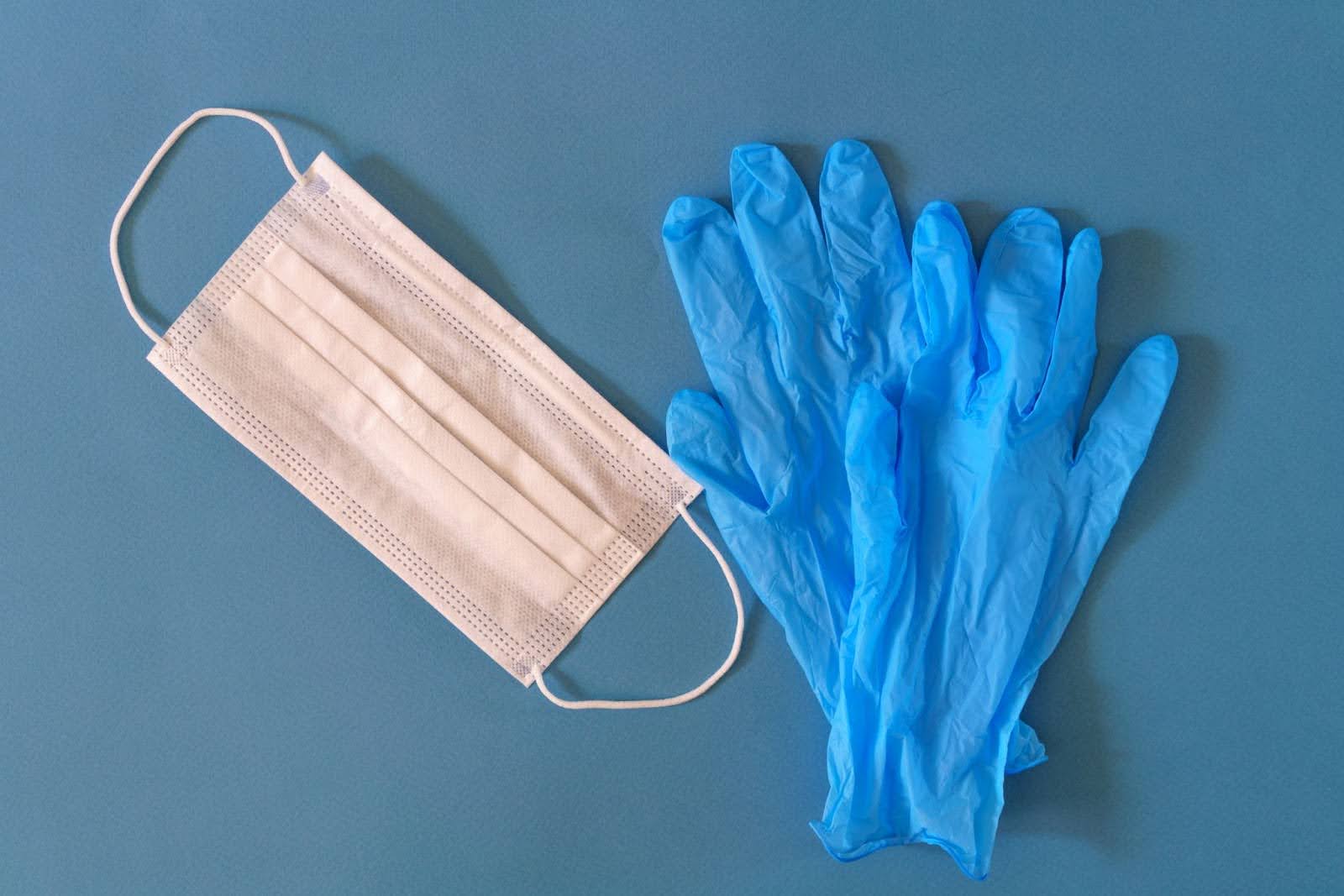Safety and hygiene are priorities in hospitals. Healthcare workers are exposed to infections, body fluids, and dangerous microorganisms on a daily basis. Hospitals depend on stringent safety measures to keep patients and the medical personnel safe. Surgical personal protective equipment (PPE) is one of the most significant components of such protocols.
Surgical personal protective equipment is a barrier between the medical professional and the potential infectious agents. Face masks, gloves, and gowns are among the items that bring a safe atmosphere to all the people in the hospital. To know their significance, it is obvious that PPE is not only useful but also necessary. In this article, we will explore the importance of surgical PPE products for hospitals.
1. Protecting Healthcare Workers from Infections
Patients are in close contact with doctors, nurses, and other hospital employees. This exposes them to viruses, bacteria, and other pathogens. The initial defense line is surgical PPE, i.e., gowns, masks, and gloves.
With the help of PPE, medical personnel can easily conduct surgeries, examinations, and routine care without exposing their health to risks. However, surgical ppe products for hospitals also provide them with the ability to remain available to patients without pause.
2. Reducing the Spread of Contamination
Cross-contamination should be avoided in hospitals at any cost. Infection can also be transferred between patients in contact with the medical personnel without the use of appropriate PPE. Surgery masks and shoe covers are some of the items that need to reduce this risk.
When worn properly, PPE restricts the possibility of the transmission of germs between rooms or surfaces. The move is important in ensuring that hospital settings are clean and safe.
3. Ensuring Patient Safety During Procedures
Surgical or treated patients are extremely susceptible to infections. A small contamination will cause severe health issues. Surgical PPE products help doctors and nurses not to carry dangerous bacteria into sterile zones.
For example, sterile gowns and gloves keep a clean operating room. This minimizes the risk of complications and enhances quicker healing in the patients.
4. Meeting Hospital Safety Standards
Health authorities have strict safety guidelines, which hospitals should follow. One of the primary methods to address these standards is to use surgical PPE. Frequent mask wearing, gloves, gowns, and eye protection are in compliance with the regulations of infection control.
By upholding these standards, hospitals not only safeguard staff and patients but also gain trust in their services. Legal problems may occur due to a lack of good safety practices and are also prevented through compliance.
5. Supporting Emergency and High-Risk Situations
PPE is also essential during an emergency such as disease outbreaks or high-exposure procedures. The N95 respirators, face shields, and full protective suits are products that safeguard healthcare workers at critical times.
The availability of reliable PPE will make sure that hospitals are always ready to face unforeseen challenges. Such preparedness will save lives and maintain control under stressful conditions. For hospitals, investing in proper PPE is not optional; it is a necessity for saving lives.











